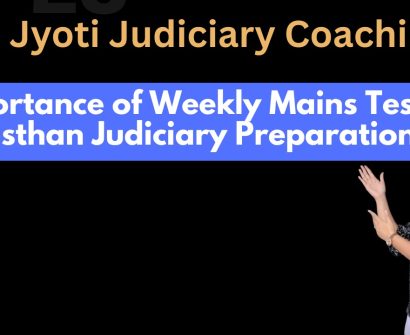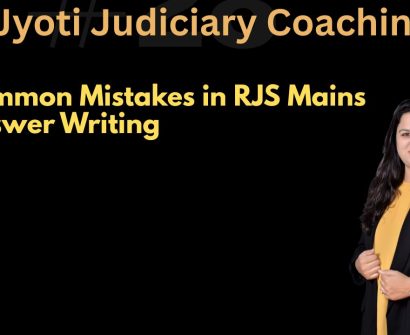
A statute is created to address copyright, such as the Copyright Act of 1957 in India. The concept of a common law copyright does not exist. In India, all works must comply with Section 16 of the 1957 Act in order for a copyright to exist.
Negative and Monopoly Right: Copyright is a monopoly right that prevents third parties from using the privileges granted to its owner under the terms of the Act. So, it is a right that is unfavourable in that it essentially forbids others from profiting from the author’s labour and intelligence.
No person is entitled to copyright or similar rights in any work, published or unpublished, other than under and in compliance with the terms of this Act, or of any other law currently in effect, according to Section 16 of the Act.
The Copyright Act does not alter pre-existing rights.
A copyright is a type of intellectual property in that it begins in a person’s mind before taking on material form, and the product over which the right is granted is the result of that use and investment of intellect, for example, a literary work.
Incorporeal Property: The nature of copyright is incorporeal.
Copyright is not a single privilege, as in the monopoly. If you want to be a judicial officer and are looking for RJS coaching in Rajasthan, here, at Jyoti Judiciary we provide comprehensive study material to make your preparation solidified and topnotch. From preliminary mock tests, to mains answer writing sessions every material required for clearing the exam is provided. We have separate legal current affairs classes, legal general knowledge, current affairs classes all in one time enrolment. Hurry up.









